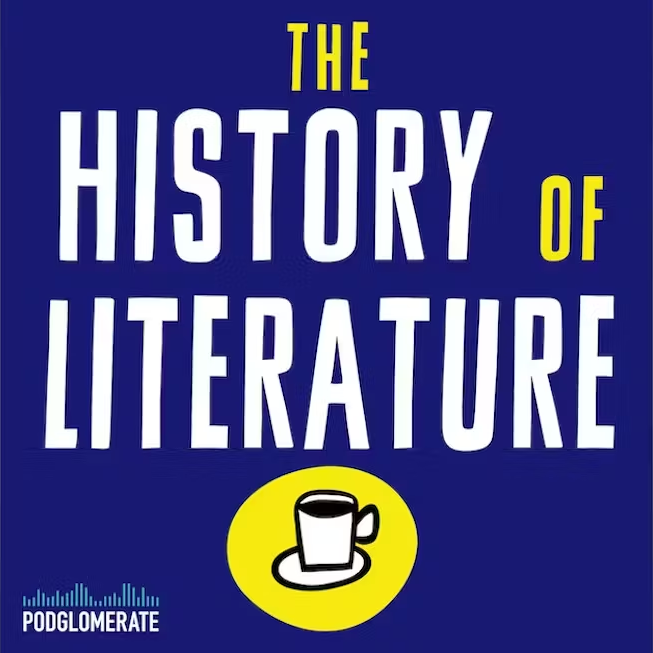Proust
-
The History of Literature #301 – Reading Proust with Strangers
Jacke kicks off the next hundred episodes with a discussion of the Netflix series Lupin, the story of Proust begging his neighbors for quiet and secretly paying newspapers for good reviews, and a visit from Mike Palindrome to discuss his project to read Proust in an online community. Along the way, we discuss Within a Budding Grove (i.e.… Continue reading
